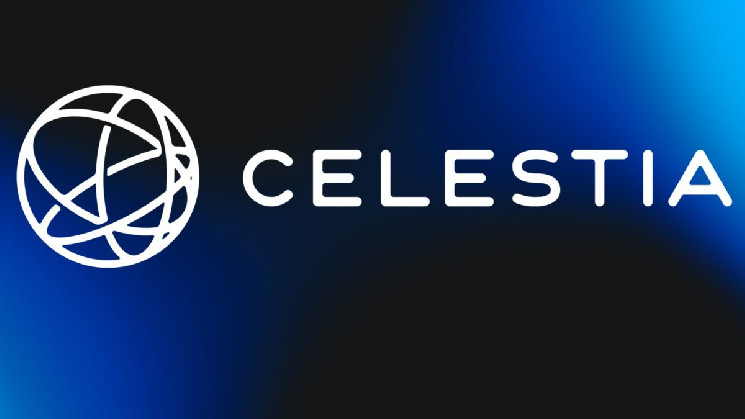Celestia has completed the implementation of its mainnet beta, marking the launch of its modular network.
The mainnet beta, operating under the codename Lemon Mint, introduces data availability sampling (DAS). This technology aims to provide a new scaling method that allows blockchain nodes to confirm data availability without the need to download the entire data set for a given block. This idea was first presented four years ago in a white paper titled ‘LazyLedger’.
“What was once considered a wild moonshot is now a reality four years after the LazyLedger whitepaper was published,” said Ekram Ahmed, spokesperson for the Celestia Foundation. “Celestia is the first modular blockchain network that safely grows with the number of users, making it easy for anyone to set up their own blockchain.
At the mainnet launch, Celestia’s native token, TIA, will become available for trading on major centralized exchanges including Binance, Bybit, and KuCoin. Additionally, decentralized exchange Osmosis has announced plans to trade the token on its platform.
The ecosystem around Celestia
Celestia’s architecture is designed so that its nodes can simultaneously reach consensus on transactions on different chains while executing those transactions off-chain. It achieves this separation by clearly isolating the consensus and data availability layers from the execution layer. This configuration allows Celestia to focus primarily on creating an organized and systematic approach to data storage, while leaving the execution of transactions to individual chains.
While Celestia’s mainnet beta is initially in an experimental phase, rollups and other modular chains can use the platform for data availability and consensus.
An ecosystem around Celestia is already starting to take shape. MilkyWay, a liquid staking protocol on Osmosis, has announced its support for Celestia and will soon introduce a liquid staking derivative token (stTIA) on the Osmosis blockchain.
Additionally, Arbitrum has integrated Celestia into its Orbit and Nitro technology stacks, while it has launched Cosmos-based smart contract platform Neutron Nexus, aiming to enable developers to deploy rollups on Celestia.

